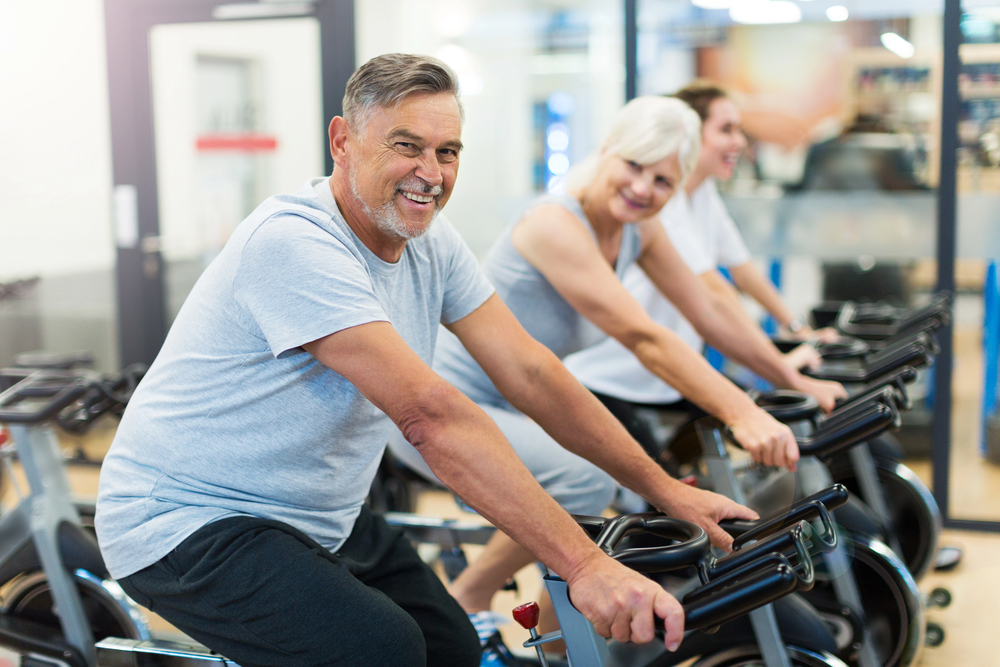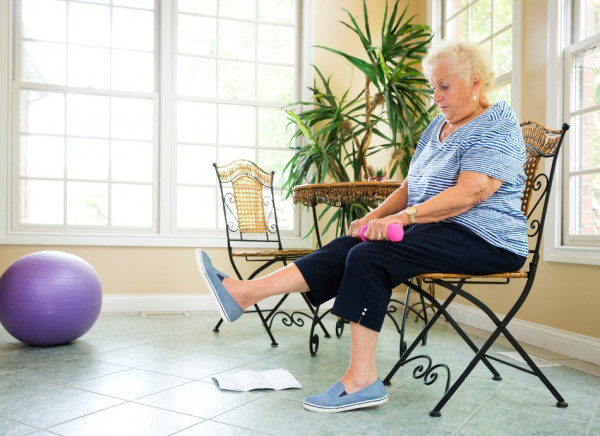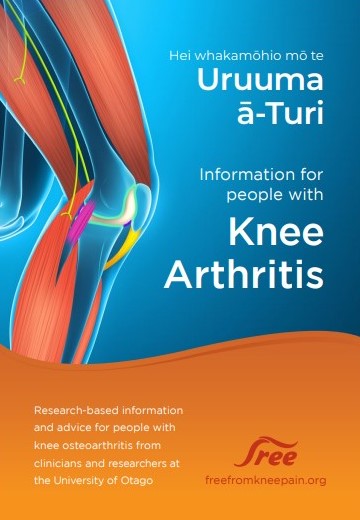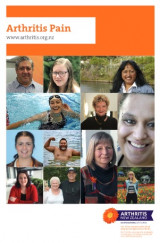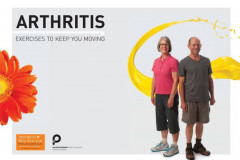There are 3 common types of arthritis in the knee.
Osteoarthritis
Osteoarthritis is the most common type of knee arthritis. It causes pain and stiffness in the joint. Osteoarthritis is caused by the breakdown of cartilage in the knee joint from wear and tear. When cartilage is damaged, the joint can no longer function well and eventually the bone ends may rub together. This causes pain and stiffness. Read more about osteoarthritis.
Gout
Gout is the second most common form of arthritis in Aotearoa New Zealand and it mainly affects Māori and Pacific Peoples. Sharp crystals made of uric acid form in the joint causing severe pain. It commonly affects the big toe first but, if not treated, can spread to the knees and other joints. Read more about gout.
Rheumatoid arthritis
Rheumatoid arthritis occurs when your immune system mistakenly targets your own body. It particularly affects the lining of the joints between your bones and causes symptoms such as swelling, pain and stiffness. Rheumatoid arthritis will usually affect other joints as well as your knee, and tends to start in the smaller joints in your hands or feet. Read more about rheumatoid arthritis.
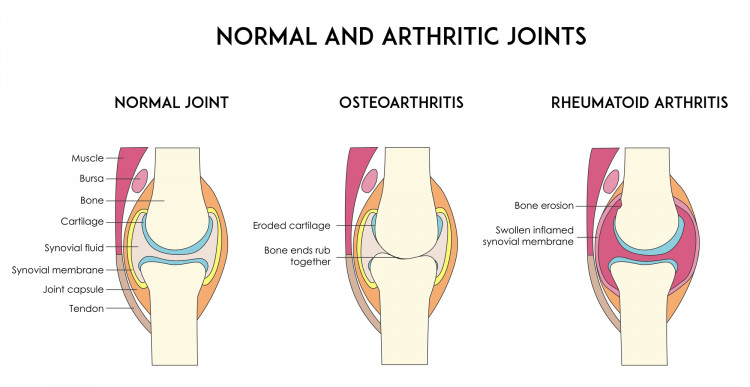
Image credit: Depositphotos


